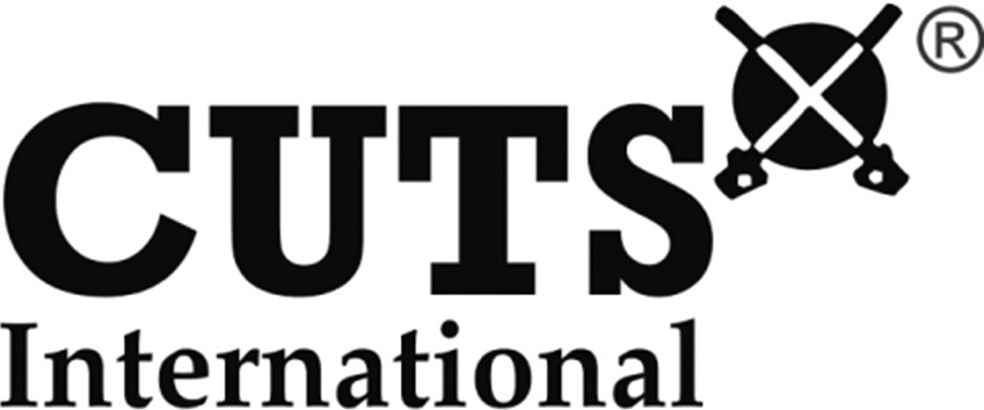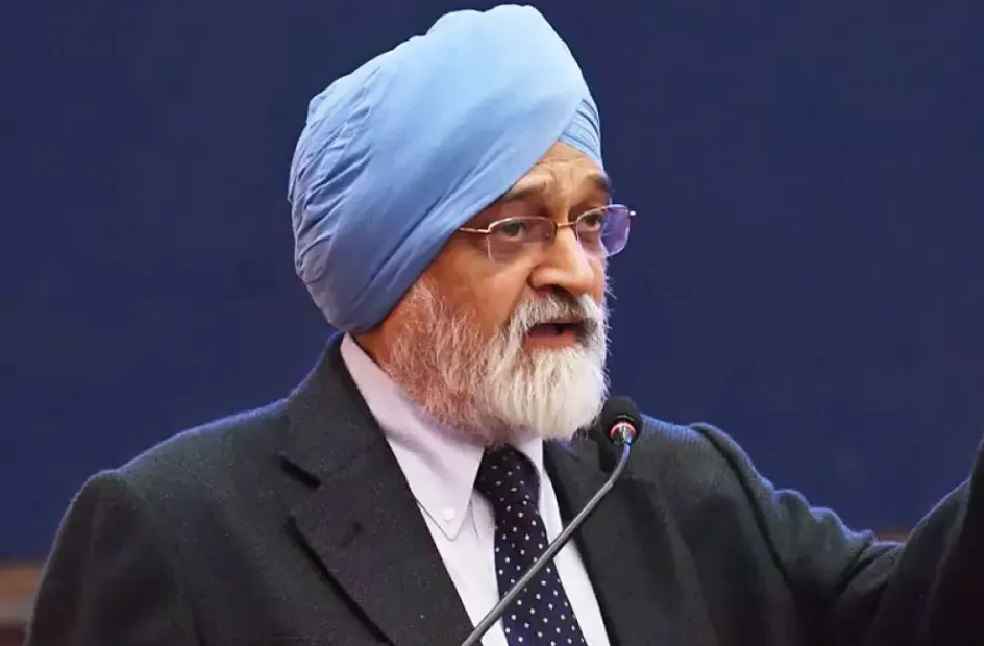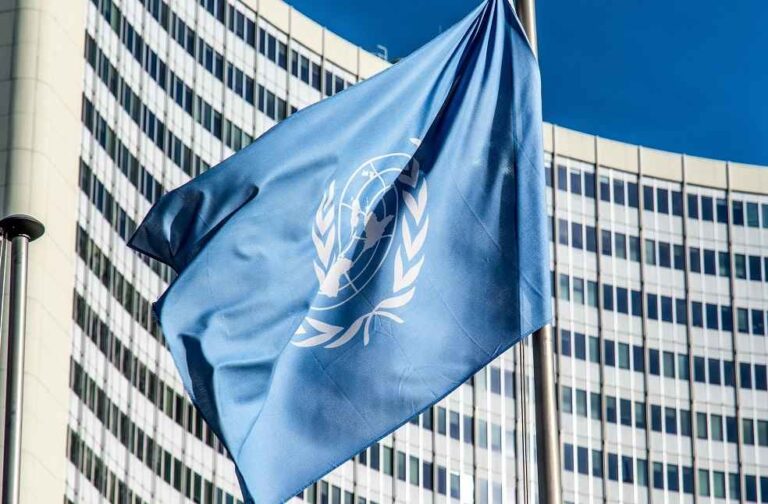New Delhi: India must move from a reactive to a proactive trade policy to achieve its goal of becoming a developed nation by 2047, according to trade experts.
A recent roundtable discussion in New Delhi, organized by CUTS International, highlighted the need for India to adapt its trade strategy to the evolving global landscape.
The roundtable, chaired by Montek Singh Ahluwalia, the former Deputy Chairman of the Planning Commission of India, and moderated by Pradeep S Mehta, the Secretary General of CUTS International, was a think tank’s effort to redirect India’s trade policy towards more dynamic and future-oriented pathways.

Experts highlighted the significant changes in the global trade landscape since the inception of the WTO in 1995, asserting that India must evolve beyond its three-decade-old trade postures to capitalize on the opportunities of what many consider “India’s century.”
Participants called for a strategic overhaul in India’s approach to international trade, advocating for leadership that balances advancing negotiating positions, fostering alliances, and safeguarding national interests. They pinpointed the necessity for India to shed the developing country mindset and adopt a forward-looking vision that includes enhancing domestic capacities alongside formulating medium-to-long term trade strategies.
The deliberations touched on the essence of crafting well-defined trade interests to realize ambitious goals and the importance of achieving coherence across bilateral and multilateral negotiation fronts. Concerns were raised about India’s reticence in addressing trade-related issues within the WTO framework, juxtaposed with its openness in bilateral discussions, highlighting a need for greater inter-ministerial coordination.

Experts underscored the importance of fostering an evidence-based trade policy dialogue in India, through initiatives like establishing WTO Chairs in universities to stimulate pertinent research and expertise development. They also suggested engaging a broader spectrum of consultants, including industry experts, in specific negotiation processes, mirroring the practices of developed nations.
The discussion also ventured into the contentious subject of India’s stance on Joint Statement Initiatives at the WTO, debating the balance between economic security and national security interests. The significance of sustaining dialogues between the government and the industrial sector was acknowledged, with a proposal to reconstitute the National Trade Policy Advisory Committee for more inclusive and regular policy guidance.
The roundtable positively acknowledged ongoing talks between the government and industry. However, they emphasized the need for a more formal engagement structure, particularly advocating for SME inclusion. While there were differences on specifics, all participants concurred that trade is crucial for India’s development. To this end, CUTS International will prepare a White Paper summarizing the discussions for relevant government bodies.
DON’T MISS IT | Gold Mining Severely Threatens Environs



